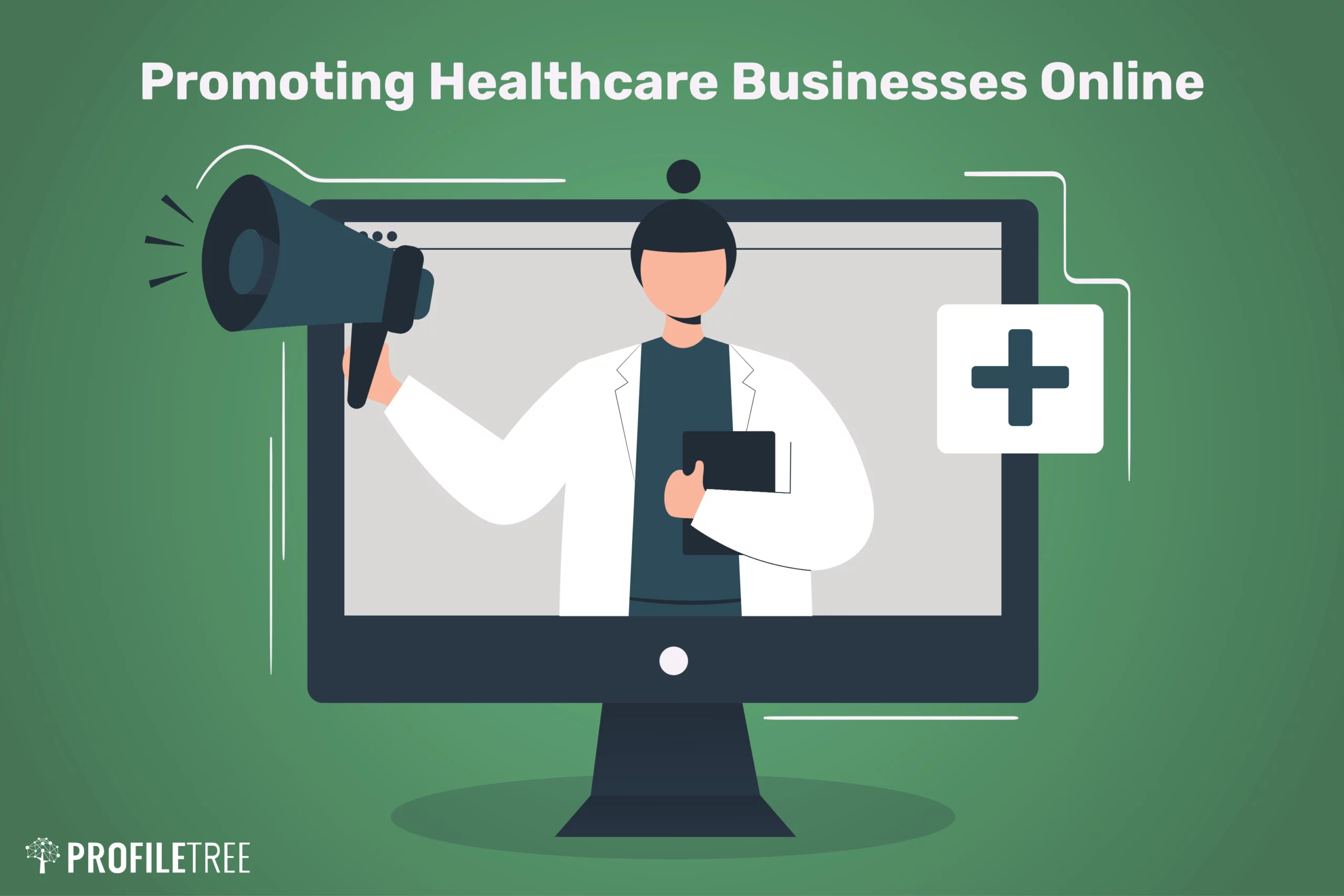The Rise of Subscription-Based Healthcare and Its Effect On Person Care
As medical care progresses, the subscription-based version is getting traction, assuring to reinvent individual treatment by supplying predictability and accessibility. The possibility for these models to improve health care distribution raises pressing inquiries regarding their long-term sustainability and inclusivity. Are these membership solutions the future of medical care, or do they risk leaving prone populaces behind?
Recognizing Subscription Health Care Models
Realizing the concept of subscription healthcare models involves checking out a transformative method to clinical services that emphasizes cost and accessibility. These versions, commonly described as straight medical care (DPC) or concierge medication, have actually arised as cutting-edge options to conventional fee-for-service health care systems. Subscription medical care enables people to pay a fixed monthly or yearly fee for a specified collection of clinical solutions, which may include unrestricted workplace gos to, routine examinations, and standard laboratory tests, without the requirement for typical insurance invoicing.
The framework of membership medical care designs is made to enhance person care by removing third-party payers and complicated invoicing codes, thus reducing administrative burdens. Healthcare companies can focus more on person treatment, cultivating more powerful patient-provider partnerships. This model additionally advertises preventative care by encouraging regular brows through, as the financial barrier of per-visit costs is eliminated.
The membership version typically empowers doctor to handle smaller client panels, permitting for even more personalized treatment. It straightens financial rewards with patient health and wellness results, as companies are encouraged to preserve individual satisfaction and well-being. On the whole, comprehending subscription healthcare models calls for acknowledging their prospective to improve exactly how care is supplied and accessed.
Benefits for Providers and individuals

For providers, subscription-based versions use the possibility to strengthen patient-provider partnerships. With a stable profits stream, medical care specialists can devote more time per client, bring about a much more personalized and complete care experience. This design likewise lowers reliance over patient volumes, alleviating fatigue and improving task complete satisfaction. The emphasis on precautionary treatment within registration strategies can lead to much better individual end results and decreased lasting healthcare expenses. By focusing on constant care, carriers can deal with concerns prior to they rise, ultimately profiting the healthcare system in its entirety by decreasing the burden on emergency situation and severe treatment services.
Problems and obstacles
While subscription-based healthcare designs existing countless benefits, they likewise include a set of difficulties and issues that should be resolved. Initially, accessibility stays a considerable issue, as these designs commonly target individuals that can afford monthly fees, possibly omitting low-income populations. This increases honest inquiries about equitable accessibility to healthcare solutions. Additionally, the different nature of registration plans can lead to complication among people relating to insurance coverage specifics, potentially leading to unmet assumptions or poor treatment.
Financial sustainability of subscription-based designs is another concern. Companies should stabilize the fixed earnings from subscriptions with the variable costs of health care services, which might change because of unexpected clinical demands. This can develop stress to limit solutions or boost fees, potentially influencing individual satisfaction and care high quality.
Moreover, governing oversight of subscription-based health care designs is still evolving. Resolving these obstacles is crucial for the effective and fair execution of subscription-based medical care.
Effect On Patient-Doctor Relationships
One significant effect of subscription-based medical care designs on patient-doctor partnerships is the potential for boosted connection and customized care. By taking on a membership model, physicians can manage a smaller client panel, permitting even more specialized time with each individual. This increased accessibility promotes a deeper understanding of a client's case history, lifestyle, and preferences, making it possible for extra customized therapy strategies and treatments.

Nonetheless, it is essential to acknowledge that while subscription-based models might profit those that can manage them, they could accidentally widen health care differences. People that are incapable to take part in these designs may experience decreased access to customized care, potentially affecting their relationships with healthcare suppliers. Hence, while the subscription version uses encouraging benefits for patient-doctor connections, it likewise presents difficulties that require to be resolved to guarantee equitable health care gain access to.
Future of Healthcare Accessibility

The function of technology can not be neglected in this change. Telemedicine platforms and electronic wellness documents promote seamless interaction in between clients website here and healthcare suppliers, breaking down logistical and geographical obstacles. In addition, innovations in fabricated knowledge and data analytics can this article additionally personalize medical treatment by forecasting client requirements and maximizing treatment plans.
However, the future of healthcare gain access to additionally offers challenges, such as ensuring equity throughout different socio-economic groups. Policymakers and doctor should work together to connect the digital divide, making sure that subscription-based models continue to be inexpensive and inclusive. As these systems develop, they hold the promise of making healthcare a lot more accessible, reliable, and patient-centric.
Conclusion
Subscription-based healthcare versions are reshaping client care by providing a stable cost framework and enhancing accessibility. These versions enhance patient-provider relationships via personalized care and routine sees, stressing preventative wellness. In spite of these advantages, difficulties such as access issues for low-income populations and the demand for equitable health care services persist. The increase of subscription-based healthcare motivates positive person interaction, which has the possible to improve client end results and contentment, indicating a transformative change in health care distribution.
As health care develops, the my company subscription-based design is obtaining traction, assuring to revolutionize patient treatment by using predictability and availability.Subscription-based health care models offer distinctive benefits for both suppliers and individuals, enhancing the total health care experience.As health care systems evolve, the future of medical care gain access to frequently pivots on the integration of ingenious models and modern technologies.Subscription-based healthcare versions are improving client treatment by supplying a stable expense structure and improving accessibility. The surge of subscription-based healthcare urges proactive patient involvement, which has the potential to boost client end results and complete satisfaction, signaling a transformative shift in medical care shipment.